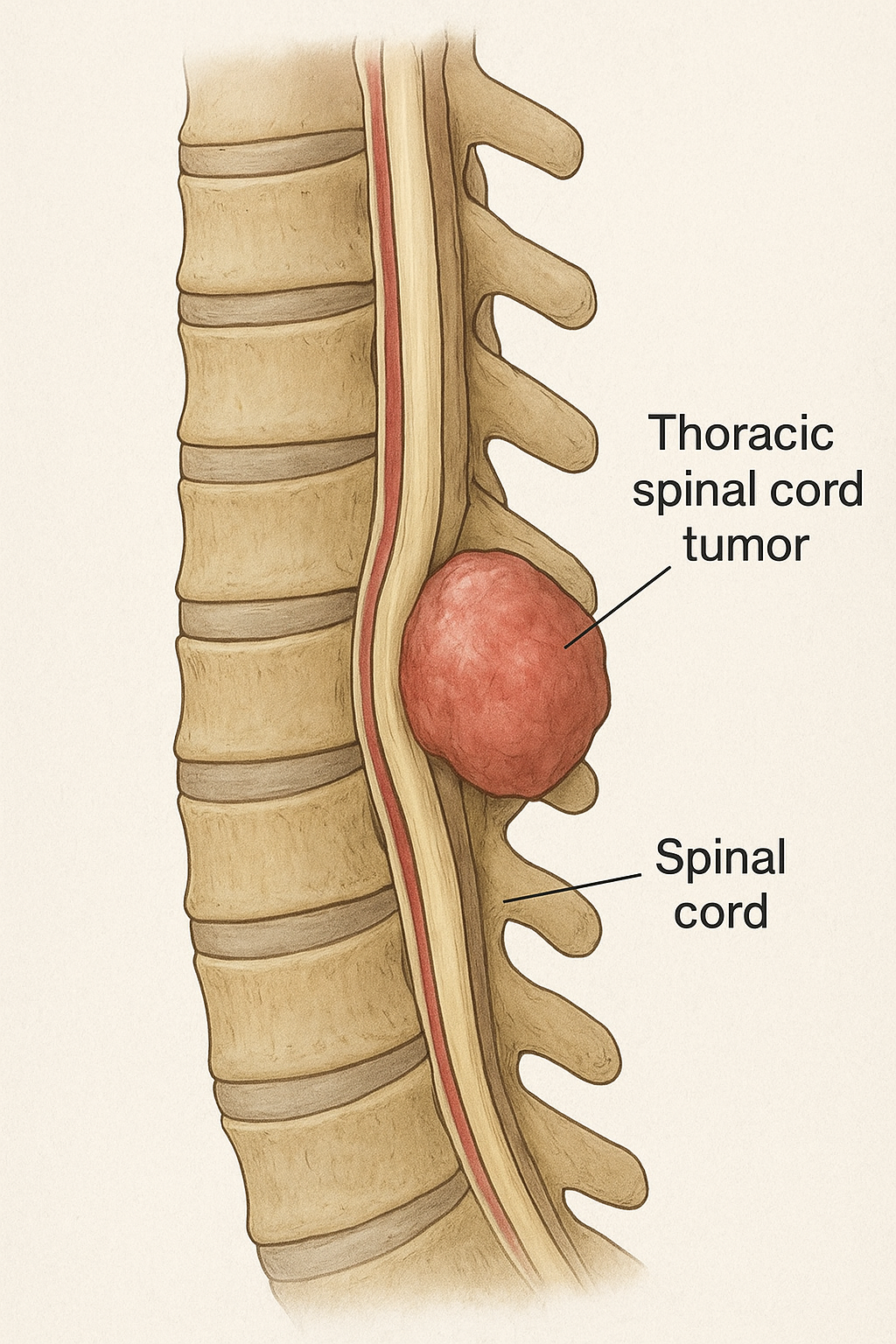Robotic-assisted spine surgery is reshaping the future of back and neck treatment. Today, more patients are actively searching for safer, faster, and more precise surgical solutions, which is why choosing the right Spine Surgery Specialist in Del Rio or an experienced Spine Doctor matters more than ever. At Brain and Spine Institute, San Antonio, Texas, we use advanced surgical robotics to deliver accuracy and comfort that traditional methods cannot match.
If you are struggling with chronic back pain, herniated discs, spinal stenosis, or nerve compression, robotic-assisted techniques may offer the relief you’ve been waiting for.
What Is Robotic-Assisted Spine Surgery?
Robotic-assisted spine surgery is an advanced technique where surgeons use robotic technology to enhance precision during spinal procedures. While the surgeon remains in complete control, the robotic system serves as a guide, improving accuracy, minimizing complications, and reducing tissue damage.
This approach is widely used for:
- Spinal fusion
- Herniated disc surgery
- Stabilization procedures
- Scoliosis correction
- Minimally invasive spine surgeries
Robotic-assisted spine surgery system in the operating room
Not only does the robotic platform increase precision, but it also enables your surgeon to create a personalized surgical plan tailored to your unique spine anatomy.
How the Robotic System Works: Step-by-Step
Robotic-assisted spine surgery is a blend of surgeon skill and leading-edge technology. Here’s how the process unfolds:
- Pre-Surgical 3D Imaging and Mapping
Before surgery, high-definition 3D images (CT or fluoroscopy) capture every detail of your spinal structure.
These images help your surgeon:
- Map safe pathways
- Avoid nerves and blood vessels
- Plan screw placement with millimeter accuracy
- Personalized Surgical Blueprint
The robotic software generates a fully customized surgical plan tailored to your anatomy. This ensures optimal implant placement and minimal tissue disruption.
- Real-Time Guidance in the Operating Room
During surgery, the robotic arm guides the surgeon’s tools along the preplanned path.
It provides:
- On-screen navigation
- Enhanced visibility
- Zero guesswork in hardware placement
- Surgeon Control at Every Step
Contrary to what many patients assume, the robot does not perform the surgery.
Your surgeon remains in complete control at all times. The robot simply ensures unmatched accuracy and stability.
- Faster, Safer Completion
Because of reduced blood loss, smaller incisions, and fewer complications, patients typically go home sooner and return to daily activities faster.
Why Robotic-Assisted Spine Surgery Is Changing Patient Care
Robotic technology offers several benefits that traditional methods cannot.
✔ Unmatched Precision
Robotic guidance improves screw placement accuracy by up to 99%, which lowers risks such as nerve injury or misalignment.
✔ Smaller Incisions, Less Pain
The minimally invasive approach reduces muscle damage, postoperative pain, and scarring.
✔ Faster Recovery Times
Many patients return to light activities within weeks—much faster than with open spine surgery.
✔ Lower Risk of Complications
The enhanced accuracy helps avoid:
- Nerve damage
- Excess blood loss
- Infection
- Need for revision surgery
✔ High Success Rates
Studies show improved long-term outcomes and faster return to mobility.
Who Is a Good Candidate for Robotic-Assisted Surgery?
You may benefit from robotic-assisted spine surgery if you have:
- Herniated disc
- Degenerative disc disease
- Spinal stenosis
- Scoliosis
- Spondylolisthesis
- Chronic low back pain
- Spinal instability
A consultation with a skilled Spine Surgery Specialist in Del Rio can help determine whether robotic-assisted procedures are correct for you.
What to Expect During Your Consultation
At the Brain and Spine Institute, San Antonio, Texas, your consultation includes:
- Full medical and spine history review
- Advanced imaging (X-ray, MRI, CT)
- Evaluation of nerve symptoms
- Discussion of surgical and non-surgical options
- Personalized treatment plans
Phone: (210) 625-4733
Location: 12709 Toepperwein Rd, Suite 101, Live Oak, TX 78233
Our spine experts ensure you fully understand all treatment options before making any decisions.
Robotic-Assisted Spine Surgery vs. Traditional Spine Surgery
| Feature | Robotic-Assisted Surgery | Traditional Surgery |
| Incision Size | Small | Larger |
| Precision | Very High | Moderate |
| Recovery Time | Faster | Longer |
| Pain Level | Lower | Higher |
| Blood Loss | Minimal | Higher |
| Hospital Stay | Shorter | Longer |
| Complication Risk | Lower | Higher |
Why Choose Brain and Spine Institute, San Antoio, Texas?
When it comes to spine health, choosing the right specialist is the most crucial decision you’ll make. Patients from Del Rio and surrounding areas trust us because:
✓ Experienced Spine Surgeons
Highly skilled specialists with years of experience in minimally invasive and robotic-assisted procedures.
✓ State-of-the-Art Robotic Technology
We use next-generation robotic platforms for precise surgical outcomes.
✓ Personalized Care
Every patient receives a customized treatment plan tailored to their spine condition.
✓ Convenient Access for Del Rio Patients
If you’re searching for a trusted Spine Doctor in Del Rio, our Live Oak clinic offers advanced care within driving distance.
✓ Fast Appointments & Compassionate Staff
We prioritize patient comfort, education, and support at every appointment.
Post-Surgery Recovery: What Patients Can Expect
Robotic-assisted spine surgery significantly smoothens your recovery journey:
- Most patients walk within hours after surgery
- Reduced need for pain medication
- Quicker return to work and daily activities
- Lower risk of complications
- Follow-up appointments to track healing
Your surgeon will also provide:
- Physical therapy plans
- Activity guidelines
- At-home care instructions
Tips to Maximize Your Recovery
- Follow your surgeon’s post-op instructions
- Avoid heavy lifting for the recommended period
- Maintain good posture
- Engage in gentle walking
- Keep the incision area clean
- Attend all follow-up visits
Proper recovery habits significantly improve long-term spine stability and mobility.
FAQs
- Is robotic-assisted spine surgery safe?
Yes. It is considered one of the safest and most precise methods available today, reducing the risk of nerve injury and complications.
- Does the robot perform the surgery?
No. The surgeon controls every step. The robotic system only guides tools for maximum accuracy.
- Is robotic spine surgery painful?
Since the procedure is minimally invasive, patients typically experience much less pain than in traditional spine surgery.
- How long will it take to recover?
Most patients return to daily activities within a few weeks, depending on the type of surgery performed.
- Is robotic-assisted spine surgery available in Del Rio?
Patients from Del Rio can access robotic spine surgery by visiting the Brain and Spine Institute in Live Oak, San Antonio, Texas.
Conclusion: A New Era of Spine Care
Robotic-assisted spine surgery is transforming the patient experience—delivering safer, faster, and more predictable outcomes. If you’re looking for a trusted Spine Surgery Specialist or a reliable Spine Doctor in Del Rio, the team at Brain and Spine Institute, San Antonio, Texas, is here to help.
For appointments or questions, call:
???? (210) 625-4733
???? 12709 Toepperwein Rd, Suite 101, Live Oak, TX 78233




